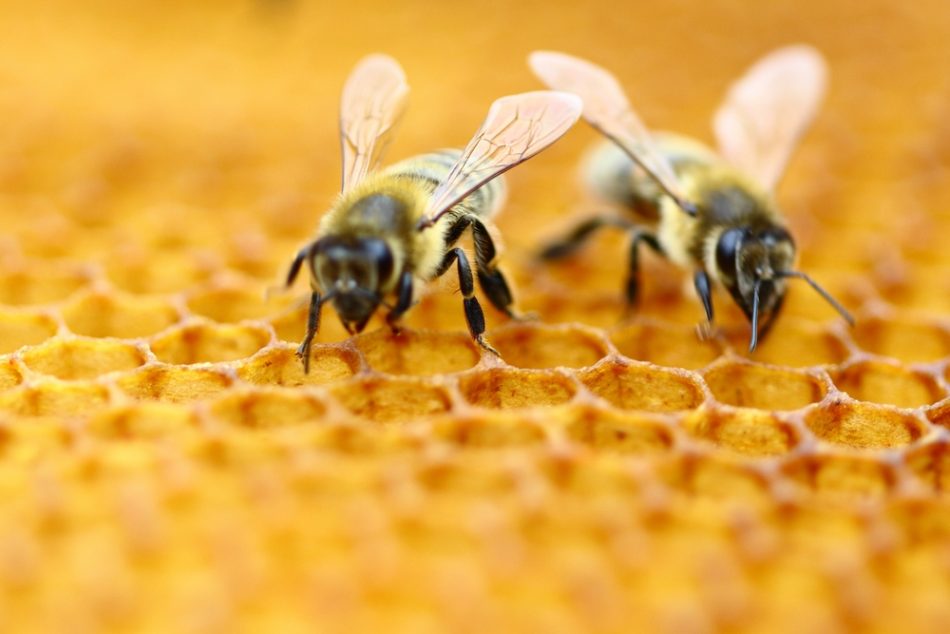
Scientists improve cervical cancer prediction with new test
Great news! A more accurate test for cell changes that can lead to cervical cancer has just been developed by scientists. The groundbreaking test can also detect DNA markers for some other common cancers, implying that it could be used as a predictive test for breast, womb, cervical, and ovarian Read More...

Researchers pinpoint the driver of metastasis
Metastasis is the process of cancer spreading through the body. It happens when cells break away from a tumor, traveling around the body to implant themselves in other areas. Unfortunately, this phenomenon renders chemotherapy and immunotherapy pretty ineffective. For decades, the exact mechanisms Read More...

New online tool aims to improve early breast cancer detection for Black women
In America, Black women are more likely to have breast cancer and at early ages, but despite this increased risk, there is a critical gap in early detection rates between Black women and their white counterparts. To address this disparity, researchers from Boston University and Tufts University Read More...

How to support a loved one with cancer, according to a cancer survivor
Being diagnosed with cancer is a scary experience. Even though many people develop cancer in their lifetime, it doesn’t make it any easier when you or someone you love is diagnosed for the first time. Unfortunately, there isn’t a definitive “right way” to support your loved ones through Read More...

Honeybee venom can kill aggressive breast cancer cells
Honeybees hold the key to our agricultural systems, but it turns out they may also have other amazing healing powers. A study from the Harry Perkins Institute of Medical Research shows honeybee venom could treat triple-negative breast cancer, a type that currently has limited treatment Read More...

Infertile cancer survivor becomes first to give birth through new procedure
While chemotherapy is often effective, it can also cause a slew of side effects that last long after a patient is cancer-free, such as infertility. Such was the case for a French woman who underwent chemotherapy following her breast cancer diagnosis five years ago. The treatment worked as intended Read More...

How MIT is deploying artificial intelligence to improve breast cancer screening
When MIT computer scientist Adam Yala witnessed his mentor have a bout with breast cancer in 2014, he got a glimpse into the subjective side of the healthcare system and how much work needed to be done to improve breast cancer screening. For many patients, their ability to receive effective Read More...

Study: A diet full of organic food drastically reduces your risk of cancer
Eating organic food is the simplest way to dramatically cut your risk of cancer. That’s the main finding from a new study that looked at the diets of nearly 70,000 French adults. Of those adults, the ones who ate the most organic food were 25 percent less likely to develop cancer. Specifically, Read More...

Country’s that do good for the world are more successful
Countries that think and act globally are more successful than countries that participate less in the global community. That’s the message of a study by policy advisor Simon Anholt who has worked with countries around the world from the Netherlands to Botswana, from Jamaica to Malaysia. The Read More...

Vitamin A reverses pre-cancerous breast condition
A form of vitamin A called retinoic acid can cause breast cells with the pre-cancerous condition DCIS (ductal carcinoma in situ) return to a normal state. These preliminary laboratory results suggest that retinoic acid might also help women with DCIS from progressing to full-blown breast cancer Read More...


